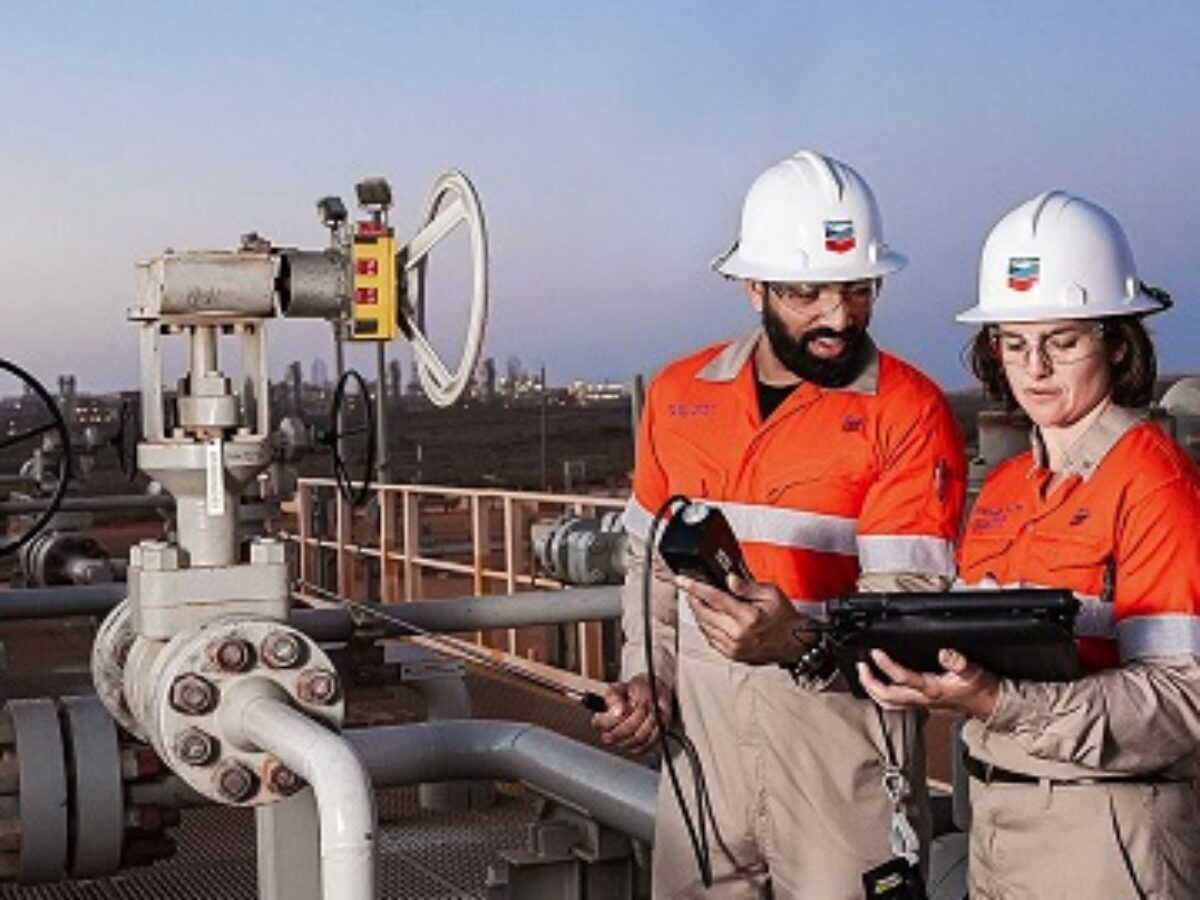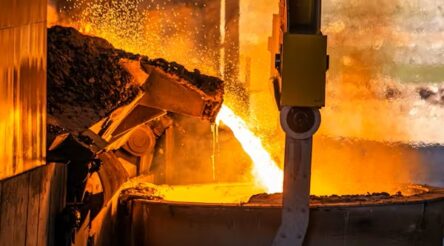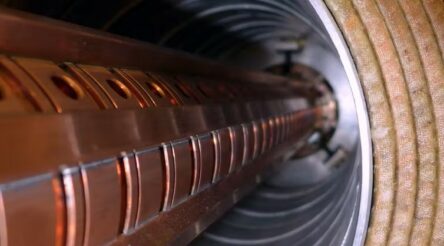Carbon capture and storage mostly a failure – report

By Peter Roberts
A lot of things are being reassessed with the demise of the Morrison government in Canberra not least of which is the Coalition's funding of carbon capture and storage projects.
This is for very good reason, as is suggested by a new report from the Institute for Energy Economics and Financial Analysis (IEEFA) which analysed the performance of 13 ‘flagship, large-scale' CCS projects worldwide which account for about 55 percent of the global carbon capture capacity.
Turns out carbon capture and storage projects are more likely to fail than achieve their goals – seven of the 13 projects underperformed, two failed and one was mothballed.
The 13 projects analysed captured 39 million tonnes of CO2 per year – one-ten thousandth of the 36.3 billion tonnes that was released into the atmosphere in 2021.
Not only are they negating a tiny proportion of annual CO2 pollution, but three-quarters of the environmental harmful gas they manage to capture each year is sold to oil and gas producers who inject it into depleted underground wells.
This enhances the companies ability to pump more oil and gas and improves the economics of the fossil fuels – exacerbating the very problem carbon capture and storage was meant to counter.
Study co-author Bruce Robertson said in a release: “Many international bodies and national governments are relying on carbon capture in the fossil fuel sector to get to net-zero, and it simply won’t work.
“(There is)…some indication it might have a role to play in hard-to-abate sectors such as cement, fertilisers, and steel, (but) overall results indicate a financial, technical, and emissions reduction framework that continues to overstate and underperform.”
The report is a warning to policymakers in Canberra who might be looking at policy change to speed Australia's transition to net zero.
After all we know Chevron's Gorgon carbon capture and storage (CCS) project in Australia is working at only half its capacity nearly three years after starting up and the company has no timeframe for delivering on targets.
Gorgon, the world's largest CCS project fired up three years late, with the company buying carbon credits to make up the difference.
Is this the sort of industry where governments should park their scarce investment dollars?
Picture: Chevron Australia
@aumanufacturing Sections
Analysis and Commentary Awards casino reviews Defence Gambling Manufacturing News Online Casino Podcast Technology Videos





